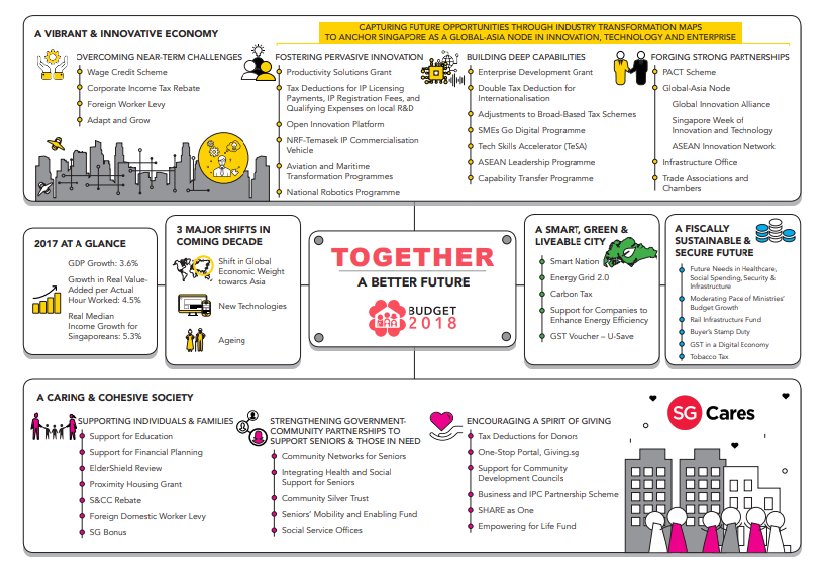Need to relook whistleblowing laws
KUALA LUMPUR: The recent conviction of a whistleblower and the absence of political financing laws are among the reasons that affected Malaysia's global anti-corruption scores, Transparency InternationaI Malaysia (TI-M) president Datuk Akhbar Satar said when presenting the 2017 Corruption Perception Index (CPI) today.
Malaysia ranked 62 among 180 countries in the CPI last year, dropping from 55th spot in 2016.
The index put Malaysia in the same spot as Cuba, with a score of 47 out of 100.
In 2016, Malaysia ranked 55 with a score of 49.
The CPI is a global aggregate index capturing corruption perception in the public sector worldwide based on expert opinions using a scale of 0-100, with a smaller score denomination denoting a higher level of corruption.
"This is the worst score in the last five years and the lowest ranking since CPI was introduced in 1994."
Akhbar said contributing factors to such poor perception of Malaysia include unresolved cases involving 1Malaysia Development Berhad (1MDB), absence of political financing laws and corporate liability provisions in anti-graft laws.
"The reason is simple ... the 1MDB and SRC International Sdn Bhd issues, Felda Global Ventures Holdings Bhd scandal and also the conviction of PKR vice-president Rafizi Ramli for whistleblowing."
Akhbar stressed that Malaysia has to relook into its whistleblowing laws to ensure there is proper protection for those who expose corrupt activities.
"It is very sad that whistleblowers get arrested and punished here when most other countries have tried to enact whistleblowing laws to protect them.
"Here, we are at the opposites. If you don't comply with the whistleblowing policy and use the media to expose corruption, then you are not protected.
The top five countries in the 2017 index were New Zealand (89) and Denmark (88), followed by Finland, Norway and Switzerland (85).
The index also revealed that more than two-thirds of countries worldwide scored below 50, with an average score of 43.
Countries at the bottom of the index were Yemen, Sudan, Afghanistan, Syria, South Sudan and Somalia.
Meanwhile, MACC honorary commissioner and former TI-M president Tan Sri Ramon Navaratnam expressed disappointment on Malaysia's score.
"All the good work done by MACC to robustly fight corruption has been negated by the apparent inability to do more to contain 'grand corruption', which matters in the view of TI," he said.
By Karen Arukesamy newsdesk@thesundaily.com
Related articles
CPI drop deeply disappointing - theSundaily
Malaysia falls seven spots to 62 in 2017 global graft index
Malaysia drops further in global graft index, worst in 5 years
CPI ranking sign of corruption getting worse in Malaysia
- Kit Siang takes MACC to task on CPI ranking
- Rafizi's conviction among reasons for M'sia's drop in CPI ranking: TI-M
- MACC chief surprised at Corruption Perception Index ranking drop
- New IGP must be 'whiter than white' to gain public confidence: TI-M president
- Many afraid of negative consequences to report graft, says TI-M
Corruption Perceptions Index 2017
https://www.transparency.org/news/feature/corruption_perceptions_index_2017
The index, which ranks 180 countries and territories by their perceived levels of public sector corruption according to experts and businesspeople, uses a scale of 0 to 100, where 0 is highly corrupt and 100 is very clean. This year, the index found that more than two-thirds of countries score below 50, with an average score of 43. Unfortunately, compared to recent years, this poor performance is nothing new.
Share
http://www.transparency.org/cpi2017This year, New Zealand and Denmark rank highest with scores of 89 and 88 respectively. Syria, South Sudan and Somalia rank lowest with scores of 14, 12 and 9 respectively. The best performing region is Western Europe with an average score of 66. The worst performing regions are Sub-Saharan Africa (average score 32) and Eastern Europe and Central Asia (average score 34).
Download CPI 2017 XLSX dataset
Since 2012, several countries significantly improved their index score, including Côte d’Ivoire, Senegal and the United Kingdom, while several countries declined, including Syria, Yemen and Australia.
Research analysis
Further analysis of the results indicates that countries with the least protection for press and non-governmental organisations (NGOs) also tend to have the worst rates of corruption.
Every week at least one journalist is killed in a country that is highly corrupt.
The analysis, which incorporates data from the Committee to Protect Journalists, shows that in the last six years, more than 9 out of 10 journalists were killed in countries that score 45 or less on the index.


















